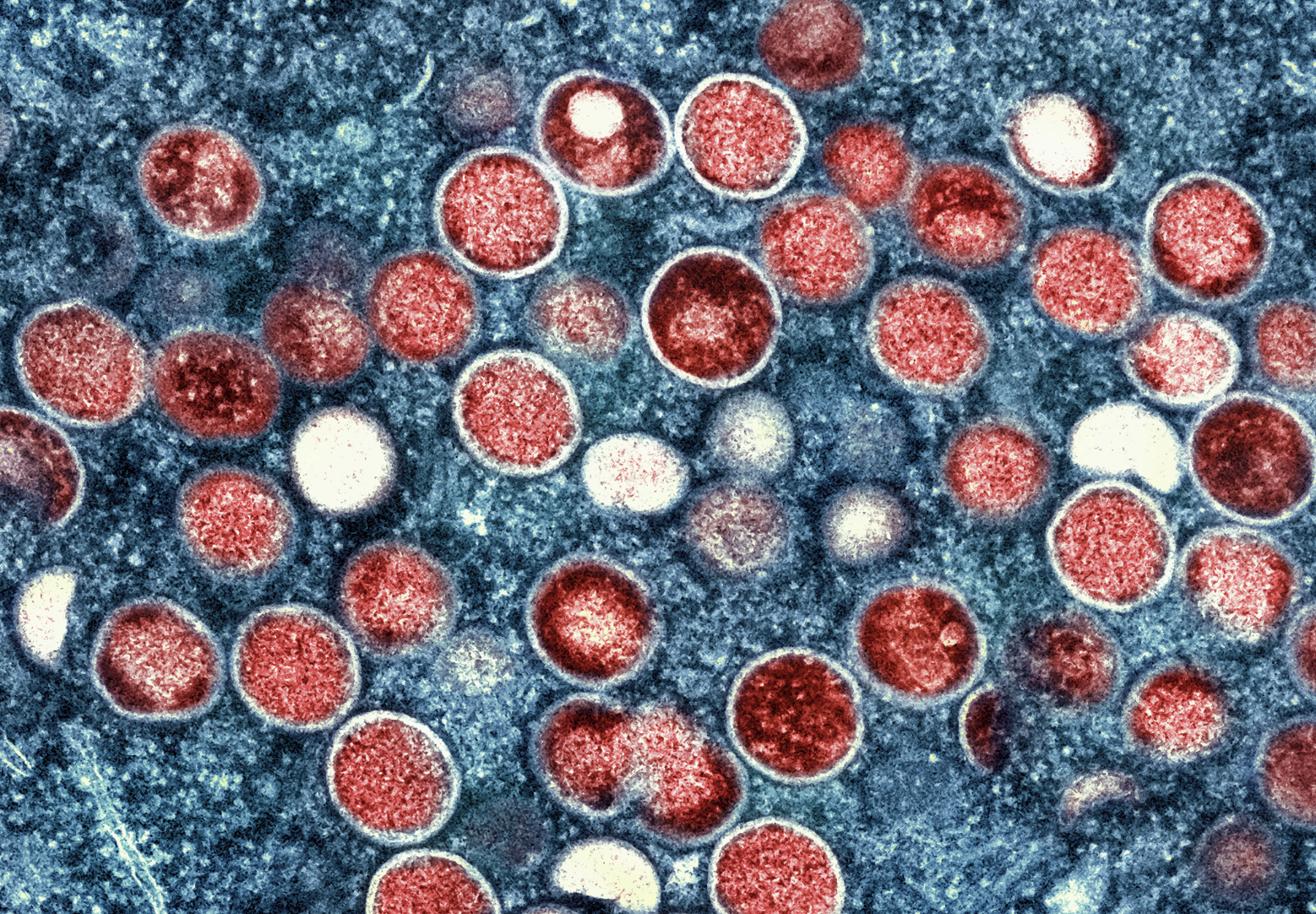Hendrik Poinar: Secrets In The Bones

Hendrik Poinar is a bit of a mystery man – as in, he likes to solve them. And he’s part time traveler – as in, he likes to dig up the past. Think Doctor Who meets Indiana Jones.
Poinar is an evolutionary biologist – which means he studies the nature of how we humans got here and where we’re going. He happily admits his childhood dream was to travel the world and travel back in time.
“No-one imagines that there’s actually something still hidden within a bone that’s been buried for a few thousand years or 100,000 years, let alone the possibility of resurrecting it or bringing it back to life,” says Poinar. “I mean, that’s sort of completely bizarre. It’s like a time machine, yeah, it’s a kid’s dream.”
Secrets in the Bones follows Poinar on an epic journey to Italy, Germany, Britain and across the Unites States. His mission: solve one of the greatest mysteries of science, a mystery that has eluded researchers for more than six centuries: unlock the secrets of the fourteenth century killer disease that caused the Black Death and wiped out more than 50 million people.
To help him Poinar assembles an international team of experts. There’s a lot at stake here: If they’re successful, they’ll gain knowledge that could help us fight deadly infectious diseases today and, potentially, save millions of lives.
The prime focus of their quest is ancient DNA, specifically the DNA of the pathogen that caused the Black Death. There is a prime suspect – a bacterium called Yersinia pestis – but nobody has proven beyond a shadow of a doubt that it was the culprit. That’s what Poinar and his team plan on doing. But first they have to find Yersinia pestis. The only place where it may still exist is locked in the bones of those who died more than six centuries ago.
Black Death graves are rare, but there was one massive burial site in London. As the plague swept across Europe, London’s city fathers took action. Knowing it was only a matter of time before the Black Death arrived, they built a massive graveyard in East Smithfield just outside the ancient city walls. Using bones from this cemetery, Poinar’s team began a formidable quest – searching for a fragment of the pathogen that killed these people.
It’s a critical task and if you thought the Black Death was a thing of the past – think again. The disease still claims victims to this day. Just ask Paul Gaylord. What he thought was a nasty case of flu turned out to be a life-threatening nightmare he’d sooner forget.
Paul and his wife Debbie live in Prineville, Oregon. Paul used to be a welder – not any more. A year ago Paul lost all his fingers and toes. Paul’s troubles began when he tried to help his cat. The cat had a mouse stuck in its palate. When Paul tried to remove it, the cat accidentally bit him. Days later Paul found himself in intensive care.
Paul’s story is at the heart of Poinar’s quest. The Centers for Disease Control and Prevention are responsible for protecting us from infectious diseases. If Poinar is successful, his discoveries could provide them with an early warning system to fight this nasty pathogen.
But the possibilities of Poinar’s work don’t stop here. From clues unearthed while examining the bones from East Smithfield, Poinar believes the Black Death may have been caused by more than one pathogen. InSecrets in the Bones we travel to the top secret Lawrence Livermore National Laboratory in California to find out if Poinar is right.
At the same time Poinar digs deep into another mystery. The Black Death killed 0% of Europe’s population, but 50% survived. The question is why? Poinar wants to find out because he believes that variations in our genetic code could protect us from a whole host of infectious diseases.
Secrets in the Bones follows Poinar’s quest to do something no other scientist in history has ever done – crack the code of an ancient killer and change the way we fight killer diseases in the 21st century.
NewsRelated News
News Listing

McMaster Health Sciences ➚
IIDR member and founding director Gerry Wright among McMaster professors named to Canadian Academy of Health Sciences
News
September 10, 2024

McMaster Health Sciences ➚
IIDR’s Matthew Miller and Hendrik Poinar among Health Sciences faculty recognized by Royal Society of Canada
News
September 3, 2024

August 22, 2024

